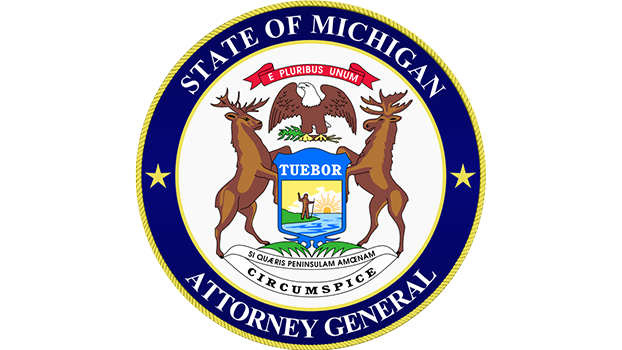Ballot proposal No. 5: rules for changing tax rates
Published 9:37 pm Monday, October 15, 2012
Proposal 5 on the Nov. 6 ballot requires that any future increases of the tax rate or tax base be approved by either a two-thirds majority of the legislature or a statewide vote.
People voting yes say the higher threshold for raising taxes would make it harder to impose new or additional taxes, expand the tax base or increase tax rates.
The two most recent tax increases in Michigan passed with support from only a slim majority of the legislature.
Had this proposal been in place, it is likely lawmakers could have passed neither of these increases.
People voting no say Proposal 5 limits the legislature’s ability to balance the state budget and could result in funding cuts to education, public safety or infrastructure projects.
This proposal could have no impact on current tax rates and could impede future tax reform for individuals and job providers.
It is unwise to lock this proposal in the Michigan Constitution, as it will make it difficult in the future to update its provision to address changing conditions, no voters say.
Gov. Rick Snyder sees the two-thirds amendment as detrimental and could stand in the way of reforms that would help reinvent Michigan.
It would give special interests more power and influence and make it more difficult to fund schools, fix roads or make sure law enforcement officers have the tools they need to protect the public, according to the governor.
Snyder also said Proposal 5 would negatively impact bond ratings agencies, which could raise Michigan’s interest costs and make the state look less attractive to job creators.
“When Gov. Snyder came into office,” points out state Sen. John Proos, R-St. Joseph, “we had the Michigan business tax in place.
“There was no way we were going to get two-thirds of a vote to repeal the Michigan business tax and repeal it with anything. That’s one consequence. Let’s say we decide property taxes need to be changed.
“The way our state is broken up legislatively, Republicans have majorities in the Senate and House and the governor. We redistricted, so now the 78th includes Ontwa Township and Edwardsburg, which used to be in the 59th.
“The ebbs and flows of what happens structurally are left to us as legislators to make those decisions,” Proos said.
“Of $48 billion in our state budget, well over the majority is federal pass-through money.
“Is Michigan going to fix problems the federal government passes on to us with a two-thirds vote or will it not?
“My philosophical perspective is you hire us as legislators for a reason,” Proos said.
“I stand before you having voted for reduction in taxes or an increase in taxes based on the legislative situation in front of me and you’ll decide whether I’m the right guy for the job or not.
“The direction the state has made by virtue of the electorate deciding who represents them has made significant changes in reduced taxes,” such as the Oct. 1 0.10 reduction in income tax from 4.35 to 4.25 percent.





